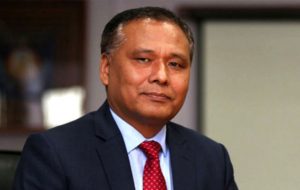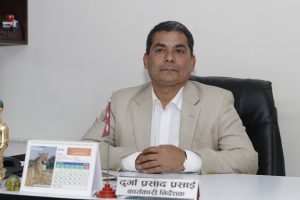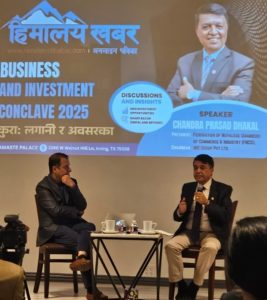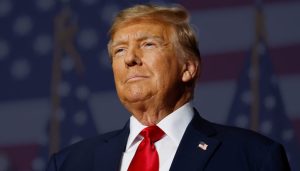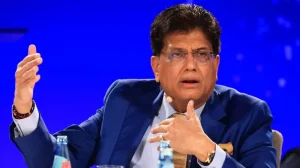Kathmandu — The Communist Party of Nepal (Unified Marxist–Leninist), or CPN-UML, has rejected the interim government headed by former Chief Justice Sushila Karki, describing it as unconstitutional and undemocratic. The party says it will boycott the upcoming elections and take to the streets to press for the reinstatement of the dissolved House of Representatives.
UML Pushes for Parliament Reinstatement
At its recent Secretariat meeting, senior UML leaders voiced doubts that the Karki-led administration would be able to hold elections on schedule. Many argued that the party should instead support restoring the parliament if voting cannot take place.
Party Chair KP Sharma Oli went further, deciding that the UML would launch a nationwide protest while formally backing the demand for parliament reinstatement. The party also indicated it may seek a legal route through the Supreme Court to revive parliament under constitutional provisions.
The current political crisis began in early September when GenZ-led protests erupted over corruption and social-media restrictions during Oli’s premiership. The demonstrations quickly turned violent in Kathmandu, leaving 17 people dead on September 9.
Facing mounting pressure, Oli resigned, prompting President Ram Chandra Paudel to consult major party leaders and youth representatives before appointing former Chief Justice Sushila Karki as interim Prime Minister. Her appointment came under Article 61(4) of the Constitution, based on Oli’s recommendation as caretaker Prime Minister.
Past Precedent and Legal Debate
Nepal experienced a similar controversy in 2013, when then-Chief Justice Khil Raj Regmi was appointed to head an election government. The move drew heavy criticism for breaching the principle of separation of powers.
A writ petition challenged Regmi’s dual role at the Supreme Court, but no immediate ruling was issued. The case lingered for four years and was dropped only after Regmi completed his term and oversaw elections.
Legal analysts say today’s situation closely mirrors that episode and question whether the Supreme Court will entertain a similar petition — and how soon it might rule.
Nationwide Protest Plan
UML leaders say the party sees little point in joining elections under the current interim setup. Instead, they plan to organize nationwide demonstrations, starting with mass rallies and expanding into street protests.
Leaders close to Oli say the movement will seek to rally citizens against what the party calls an illegitimate government while pushing to restore constitutional order.
With political uncertainty deepening, attention now turns to the Supreme Court — whether it will once again reinstate parliament or uphold the legitimacy of the Karki-led interim administration.

